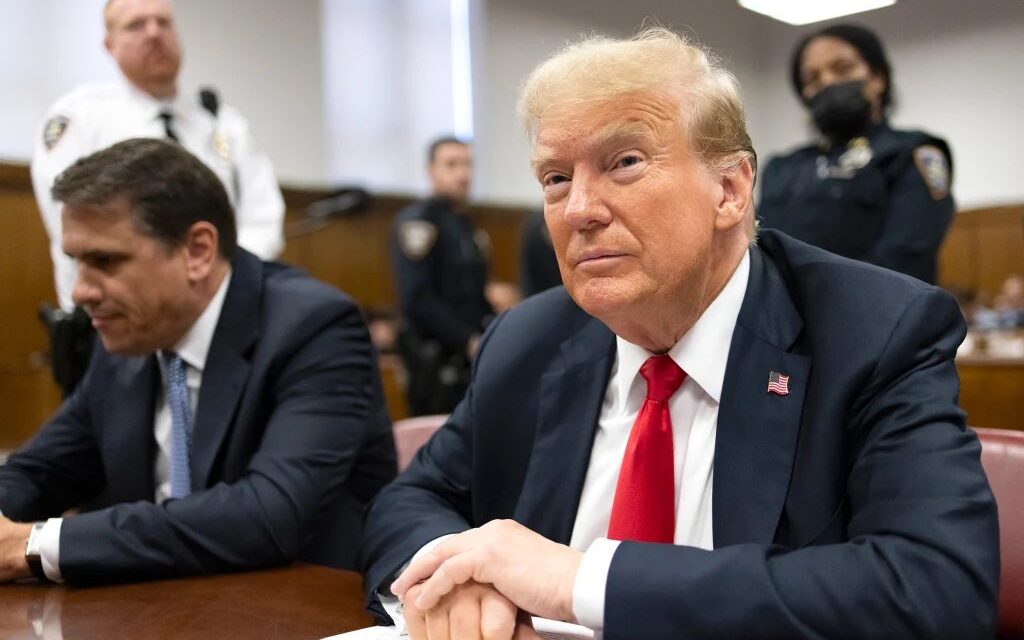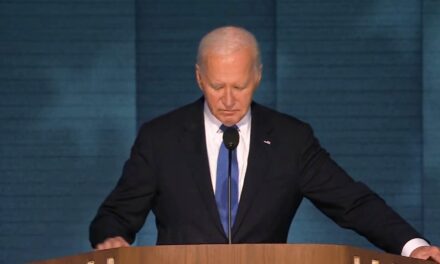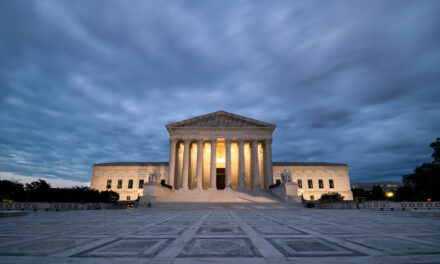Jurors returned a guilty verdict in Donald Trump’s hush-money trial in New York, making it the first time a former U.S. president has been convicted of a felony crime.
In a landmark verdict, a jury found former President Donald Trump guilty on all 34 charges of falsifying business records to hide “hush money” payments in 2016 to former pornographic actress Stormy Daniels. This marks a significant milestone in what has been one of the most closely watched legal battles involving a former U.S. President.
The charges against Trump, which included various allegations of misconduct, resulted in a trial that captured the nation’s attention. Throughout the proceedings, Trump maintained his innocence, asserting that the charges were politically motivated. “This is a witch hunt,” Trump stated during the trial, echoing sentiments he expressed since the investigation started.
Legal experts are expectedly divided on the implications of the trial, with some arguing that the prosecution was necessary for upholding the law, while others criticized it as an overreach that could set a concerning precedent for future officeholders.
As the verdict was announced, reactions poured in from across the political spectrum. Supporters of Trump decried the decision as a miscarriage of justice influenced by political bias, while his critics saw it as a vindication of legal processes.
Pennsylvania Businessman Dave McCormick released a statement on the trial but notably, his opponent for U.S. Senate, Bob Casey has not put out an official statement yet.
Trump’s legal team announced they would appeal the verdict, a move that Trump himself affirmed was crucial for challenging what he sees as a flawed judicial process. “We will appeal this decision. We believe in justice, and I believe in my innocence,” Trump declared after the verdict.
As the case progresses through the appeal process, it continues to underscore the deep divisions within the country and the ongoing debate over the accountability of high-profile political figures seeking office.






